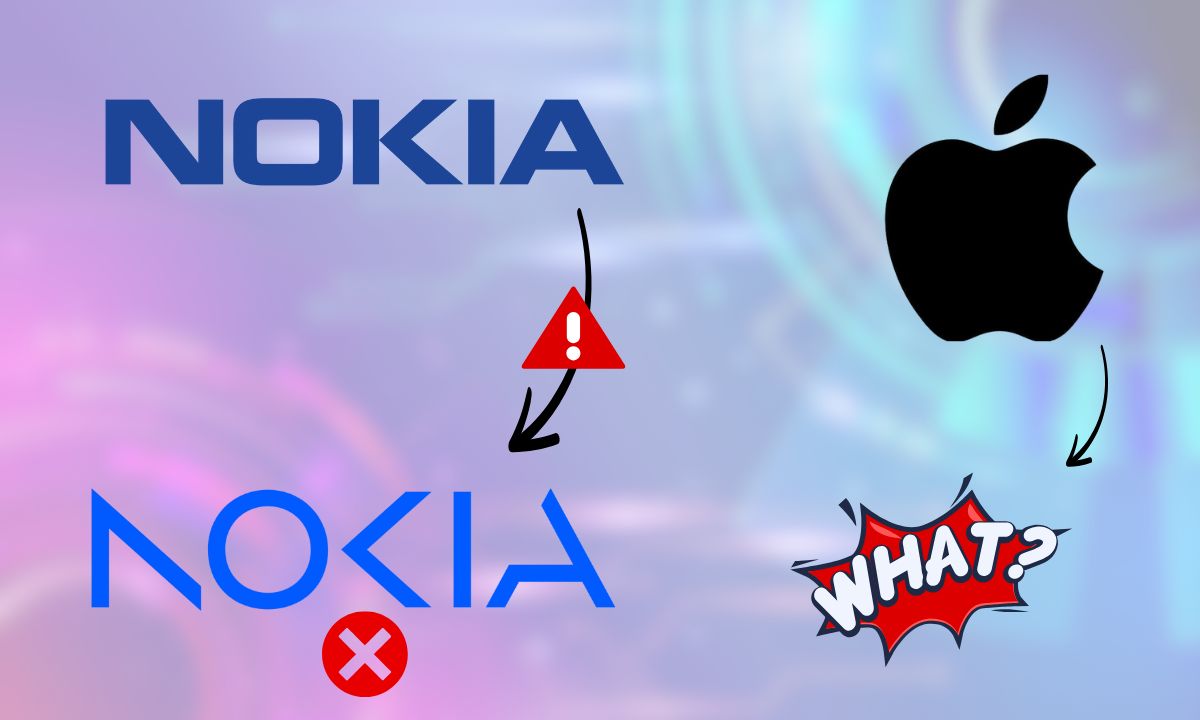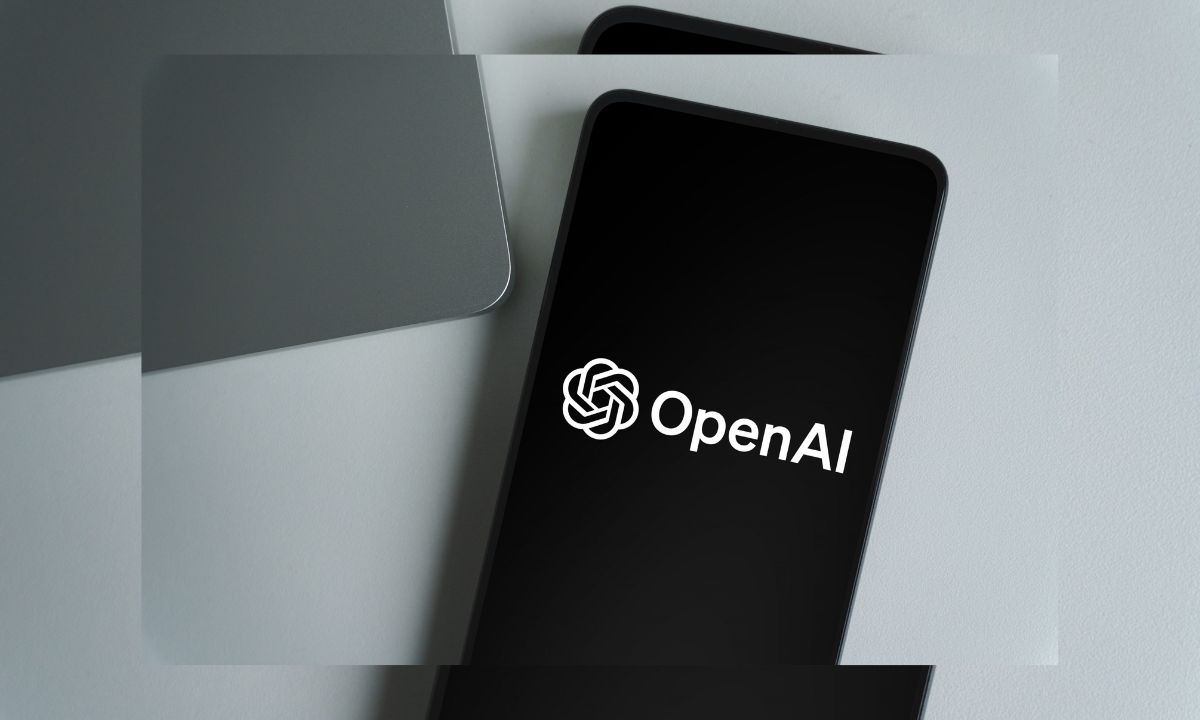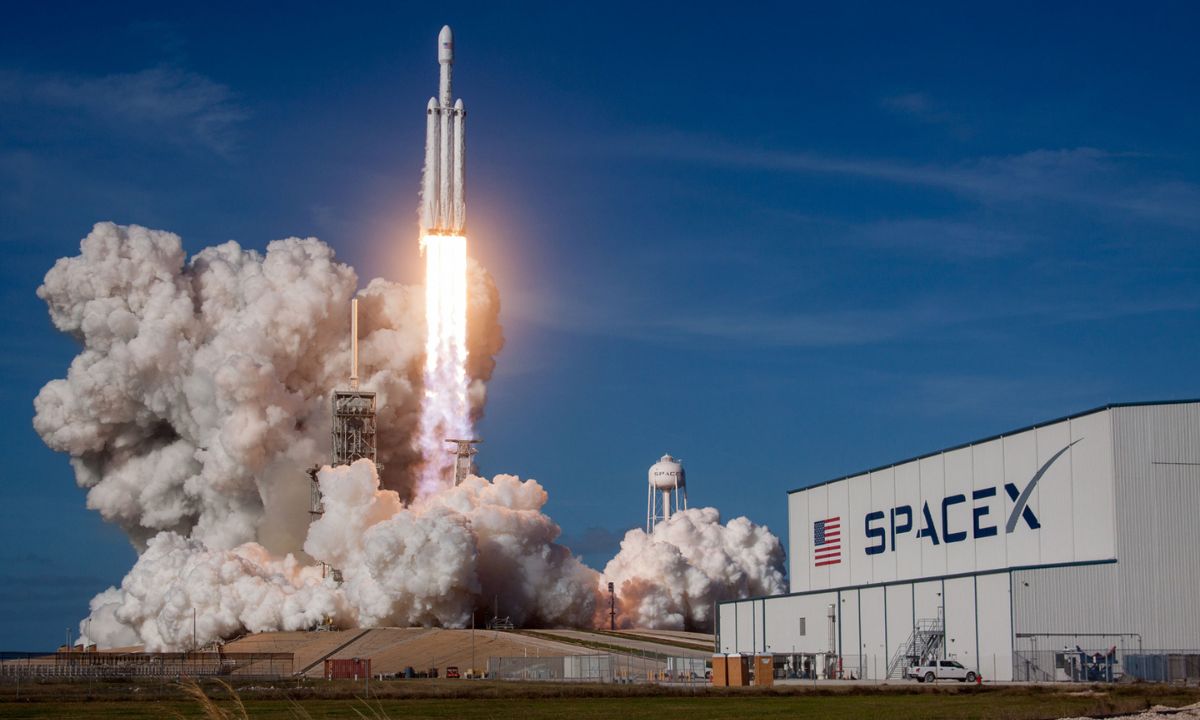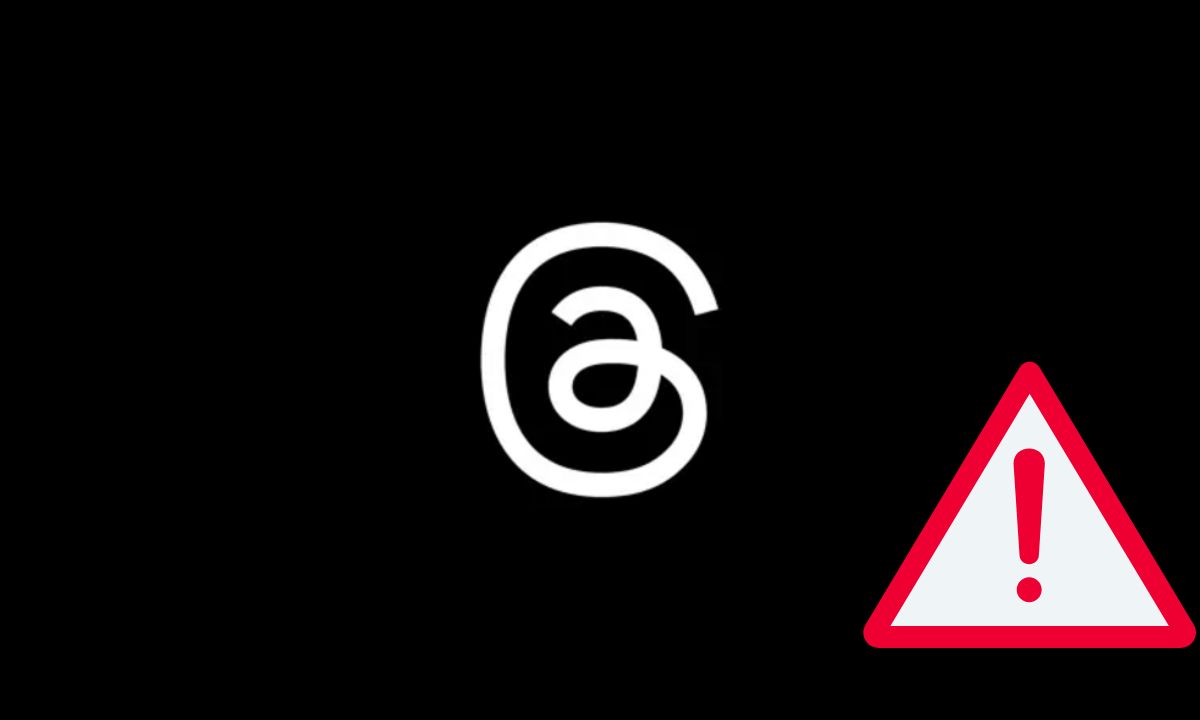Research from Global Witness reveals significant far-right political bias in the recommendation algorithms of TikTok and X (formerly Twitter) ahead of Germany’s federal election. The NGO’s analysis shows that both platforms amplify content favorable to the far-right Alternative for Germany (AfD) party. TikTok was found to have the highest bias, with 78% of political content recommended by the algorithm supporting AfD, a stark contrast to the party’s 20% polling figures. On X, the figure was 64%. Both platforms consistently displayed right-leaning content, with TikTok showing right-wing content 74% of the time and X 72%. Meta’s Instagram also showed a rightward lean, though to a lesser extent, with 59% of political content being right-wing.
To assess bias, Global Witness set up non-partisan accounts on TikTok, X, and Instagram, following major political parties in Germany, including the AfD, and interacted with content. The findings suggest that users who express non-partisan interests are exposed to right-leaning content at much higher rates than left-leaning content.
This bias isn’t a new issue. Previous research in the U.S., Ireland, and Romania has shown similar trends, and an internal Twitter study from 2021 found its algorithms also promote right-leaning content. However, social media platforms often downplay algorithmic bias. In response to the findings, TikTok argued that Global Witness’ tests were too limited, and X did not respond.
Global Witness is calling for more transparency regarding how these algorithms operate, urging the European Commission to investigate the issue. The EU’s Digital Services Act (DSA), which seeks to ensure better transparency and accountability from large tech platforms, is still in its early stages. Researchers hope to gain more access to platform data to examine algorithmic risks, but some key provisions of the law are yet to be implemented.
The European Commission is already investigating TikTok, X, and Instagram over their potential role in spreading political bias and misinformation, though enforcement has been slow. Global Witness is pushing for stronger action to address these issues before they impact future democratic processes.




